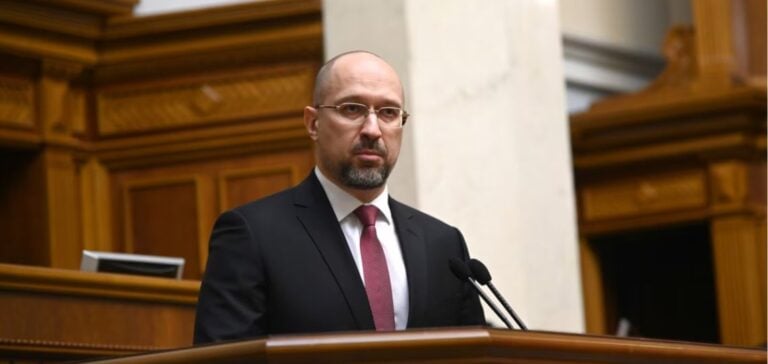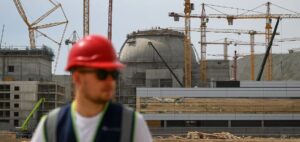Ukrainian sanctions banning the transit of oil from Russian producer Lukoil are causing concern in Eastern Europe.
However, Ukrainian Prime Minister Denys Shmyhal insists that these sanctions do not compromise Slovakia’s energy security.
There are no plans to lift the sanctions, which have the full support of the European Union.
These sanctions, introduced at the end of June, aimed to ban all Lukoil activity in Ukraine, including the transit of its oil to refineries in Slovakia and Hungary.
It was only in mid-July that concerns about diesel supplies were expressed by these countries.
Reactions from the countries concerned
In response, Slovak Prime Minister Robert Fico threatened to halt diesel deliveries to Ukraine unless Russian oil transit via Lukoil was restored.
Shmyhal insisted, however, that Slovakia remains a reliable partner, and that no threats or blackmail would be accepted.
He asserted that the sanctions did not jeopardize Slovakia’s energy security, nor that of Europe as a whole.
The Druzhba pipeline, essential for refineries in the Czech Republic, Slovakia and Hungary, continues to operate despite the ongoing conflict.
This pipeline is a major channel for Russian exports, mainly via Rosneft, Lukoil and Tatneft.
Stable oil flows
Ukrtransnafta, the Ukrainian oil transport company, confirms that no oil belonging to Lukoil is transiting Ukrainian territory after the sanctions came into force.
Oleksiy Chernyshov, head of Naftogaz, corroborates this information, assuring us that transit volumes remain stable despite the absence of Lukoil oil.
This situation demonstrates Ukraine’s ability to manage its sanctions while maintaining constant oil flows, thus minimizing the impact on its European partners.
The complex energy relations between Ukraine, Russia and Europe underline the importance of continued coordination and solidarity within the European Union.
With these measures, Ukraine is asserting its sovereignty while strengthening its strategic alliances with its European neighbors.
The handling of the sanctions against Lukoil illustrates the resilience and adaptability of European energy infrastructures in the face of major geopolitical disruptions.





















